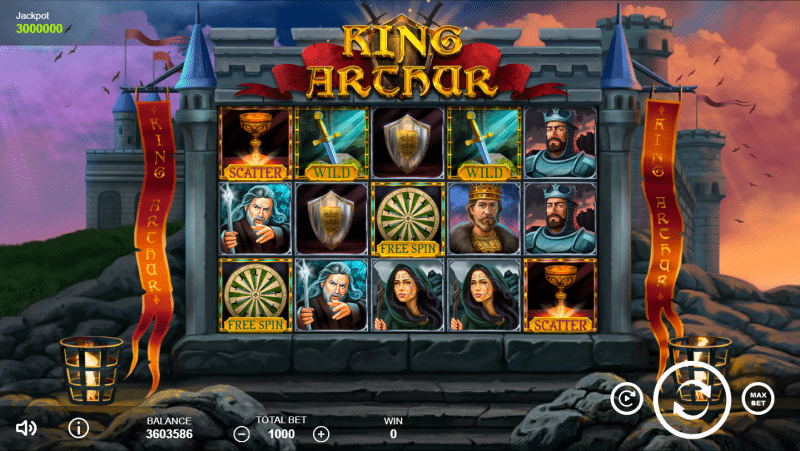The gambler’s fallacy is a common belief among gamblers, but is actually based on a misunderstanding of probability. This belief is the idea that past events can influence the likelihood of future events, and is often seen in casino games where it can be reinforced by the use of visual aids like spinning roulette wheels or rolling dice.
One example of the gambler’s fallacy is the belief that, if a coin has been flipped and has landed on heads ten times in a row, it is more likely to land on tails on the next flip. This belief is incorrect, as the probability of a coin landing on heads when flipped is always 50%, regardless of how many times it has landed on heads or tails in the past.
The gambler’s fallacy can lead to a number of problems for gamblers, including poor decision-making, chasing losses, and misjudging the odds of winning. For example, a gambler who believes in the gambler’s fallacy might make risky bets in an attempt to “correct” a perceived imbalance in the odds, or might continue to play a game long after they should have stopped in an attempt to recoup their losses.
One way that the gambler’s fallacy can be reinforced is through the use of “near misses.” A near miss is a situation where a player almost wins, but ultimately loses. For example, in a slot machine game, a near miss might occur when the reels stop just short of aligning in a winning combination. Near misses can be particularly frustrating for players and can lead them to believe that they are “due” for a win, even though the probability of winning has not actually changed.
Another way that the gambler’s fallacy can be reinforced is through the use of “hot streaks.” A hot streak is a period when a player experiences good luck and wins more frequently than expected. Some gamblers might believe that a hot streak is a sign that they are “on a roll” and will continue to win, but in reality, their chances of winning are still the same as they were before the hot streak began.
To avoid falling victim to the gambler’s fallacy, it is important for gamblers to understand the principles of probability and to base their decisions on sound statistical analysis, rather than on superstitious beliefs or past events. While it is always possible to win or lose in any gambling game, understanding the true odds of success can help gamblers make informed decisions and avoid making costly mistakes.
In conclusion, the gambler’s fallacy is a common belief among gamblers that is based on a misunderstanding of probability. It can lead to poor decision-making and can be reinforced by near misses and hot streaks. To avoid falling victim to this fallacy, it is vital for gamblers to understand the principles of probability and to base their decisions on sound statistical analysis.
Probability is the branch of mathematics that deals with the likelihood of events occurring. In a casino, the probability is important because it determines the odds of winning or losing at various games.
For example, consider a game of roulette. In roulette, there are 38 possible outcomes (the numbers 1 through 36, plus 0 and 00), and the probability of any given number coming up on a spin is 1/38, or approximately 2.63%. This means that, on average, a given number will come up once out of every 38 spins.
In a game like blackjack, the probability of winning or losing depends on the specific rules of the game and the player’s decision-making. For example, if a player is dealt a hand with a value of 16, their probability of winning is lower than if they were dealt a hand with a value of 19, because the likelihood of going bust (exceeding 21) is higher with a hand value of 16.
Probability is an important concept in casino games because it determines the house edge, or the advantage that the casino has over the player. For example, in roulette, the house edge is 5.26% (the probability of winning is 37/38, or 97.37%, while the probability of losing is 1/38, or 2.63%). This means that, on average, the casino will make a profit of 5.26% of the total amount wagered by players over time.
Understanding probability can help players make informed decisions when gambling. For example, a player who understands the probability of winning and losing at various casino games might choose to play games with a lower house edge, such as blackjack or baccarat, in order to increase their chances of winning. However, it is important to remember that probability is only a guide and does not guarantee a win or a loss in any given game.
In conclusion, the gambler’s fallacy is a common belief among gamblers that is based on a misunderstanding of probability. It can lead to poor decision-making and can be reinforced by near misses and hot streaks. The good part is that Blockspingaming offers players a fun, safe, and convenient way to enjoy all the thrills of casino gaming without any of the risks. Players can try out the best free online casino slot games and experiment with different strategies without worrying about losing money.




